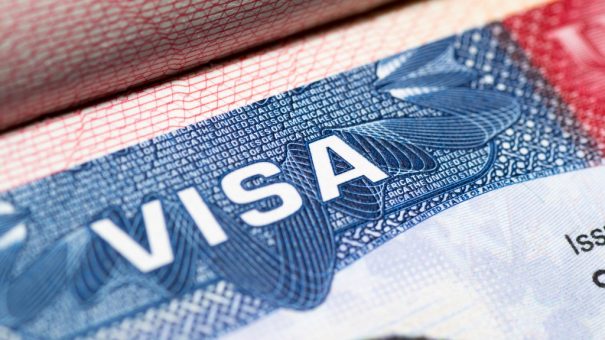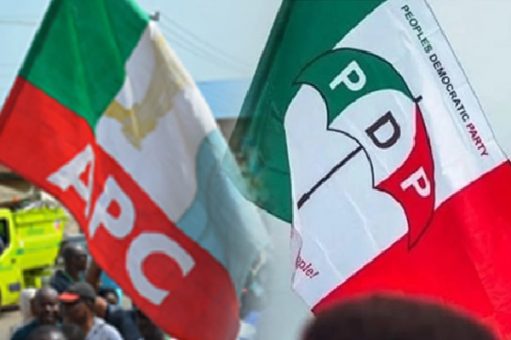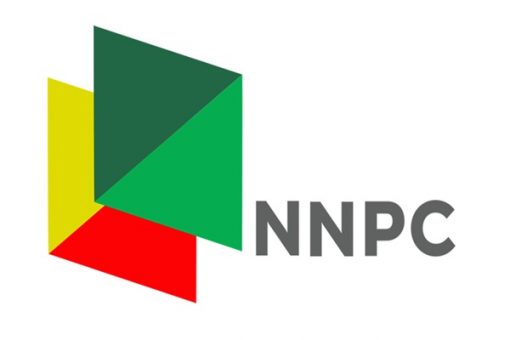Nigeria is facing a growing wall of global visa restrictions as several major countries — including the United States, United Kingdom, Canada, United Arab Emirates (UAE), and Saudi Arabia — roll out tougher immigration policies aimed at curbing Nigerian entry, citing national security, economic pressures, and immigration misuse.
The sweeping changes, which disproportionately target Nigerian travelers, students, and workers, are part of a broader crackdown that critics describe as protectionist and discriminatory, coming at a time when global south nations are increasingly shut out of Western and Middle Eastern gateways.
U.S. Slashes Nigerian Visa Validity to 3 Months
The most recent blow came from the United States, which on Monday announced a drastic revision to its visa policy for Nigerians — reducing the duration of non-immigrant and non-diplomatic visas to three months with single-entry only.
The move, part of ongoing policy shifts under the Biden administration (building on measures introduced under Donald Trump), includes stringent conditions on student visas, such as enhanced social media scrutiny and interview suspensions.
Nigeria's Ministry of Foreign Affairs responded with concern, urging the U.S. to reconsider. “This restriction places a disproportionate burden on legitimate Nigerian travelers,” said spokesperson Imomotimi Ebienfa, citing the historically strong bilateral relations between the two nations.
UAE Slams Door on Solo Nigerian Tourists
In a bold and controversial decision, the UAE on Tuesday barred Nigerian solo travelers between ages 18–45 from obtaining tourist visas, unless they travel with family or in groups.
Even those above 45 now face an exorbitant $10,000 bank balance requirement over six months to be considered eligible. The UAE has also banned transit visas for Nigerians outright, a move expected to significantly cut down Nigerian footfall in Dubai — a longtime hotspot for Nigerian business and leisure travelers.
Canada Hikes Immigration Financial Barriers
Canada joined the trend by raising the proof-of-funds requirement for Express Entry immigration applicants to a staggering ₦17 million (CAD $15,263) for individuals, effective July 7, 2025.
The hike, part of Ottawa’s strategy to curb temporary foreign entries and relieve pressure on housing and public services, could price out thousands of aspiring Nigerian immigrants.
Applicants must now provide official financial institution letters and meet the new threshold by July 28 to remain eligible, or risk being dropped from the pool.
Saudi Arabia Freezes Nigerian Work Visas
In June, Saudi Arabia placed a temporary suspension on issuing blockwork visa quotas to Nigeria and six other African countries, including Egypt and Morocco, citing pilgrimage season pressures and the need to ramp up “Saudization” efforts.
The ban will remain in place until the end of the 2025 Hajj period and impacts new and pending applications. Analysts say the move aligns with Saudi Arabia’s push to boost local employment while clamping down on foreign labor influx.
UK Rolls Out Digital eVisas — With Strings Attached
The United Kingdom, while not banning Nigerian entries outright, has announced that starting July 15, most Nigerian applicants for work and study visas will receive digital eVisas instead of physical stickers.
While touted as a modernization effort, the eVisa rollout requires applicants to still visit visa centers for biometric data, and comes amid broader British immigration tightening, including caps on foreign dependents and soaring rejection rates.
According to UK Chargé d’Affaires Gill Lever, “This is a big step towards a fully digital UK immigration system, meant to be more secure and efficient.” Critics, however, question whether the shift is part of a slow squeeze on migration from countries like Nigeria.
Diplomatic Backlash, Public Anxiety
Nigeria's Ministry of Foreign Affairs has called for a review of what it described as discriminatory and disproportionate policies, warning that the wave of restrictions is hurting economic, educational, and cultural exchange between Nigeria and the global community.
Diplomatic analysts say while countries reserve the right to protect their borders, the cascading nature of visa clampdowns on Nigerians points to deeper anxieties about migration from Africa — often rooted in stereotypes and exaggerated fears about overstays and documentation fraud.
Some experts warn of long-term consequences. “If Nigerians — Africa’s largest, most mobile population — are shut out from global movement, the ripple effects on education, trade, and innovation will be catastrophic,” said a Lagos-based international affairs analyst.
The Bigger Picture: Is Nigeria Being Targeted?
With major world economies tightening their borders, many Nigerians are left questioning: Is this an isolated coincidence or a coordinated message?
From America’s single-entry squeeze to the UAE’s age-based block, Canada’s cost barriers, and Saudi Arabia’s labor freezes — Nigerians are increasingly being boxed out of global opportunities.
And unless diplomatic engagements yield quick results, experts fear a new era of “visa apartheid” could be taking shape — one that paints entire populations with the brush of suspicion.




